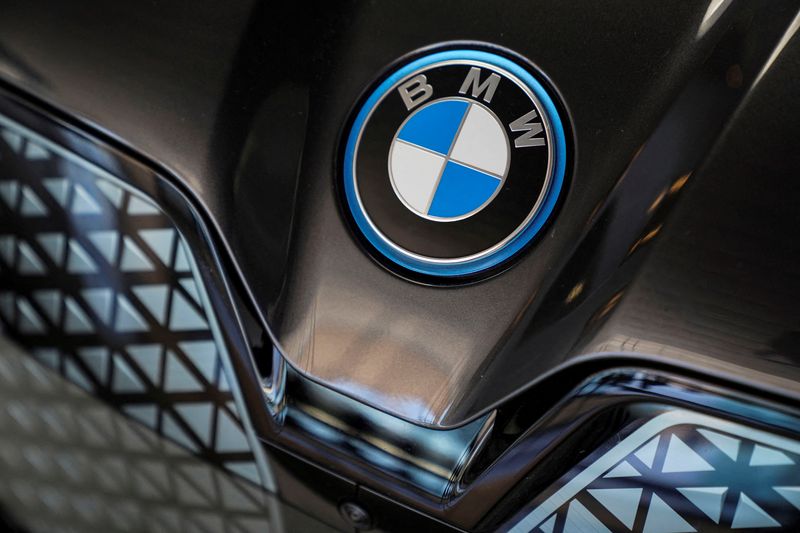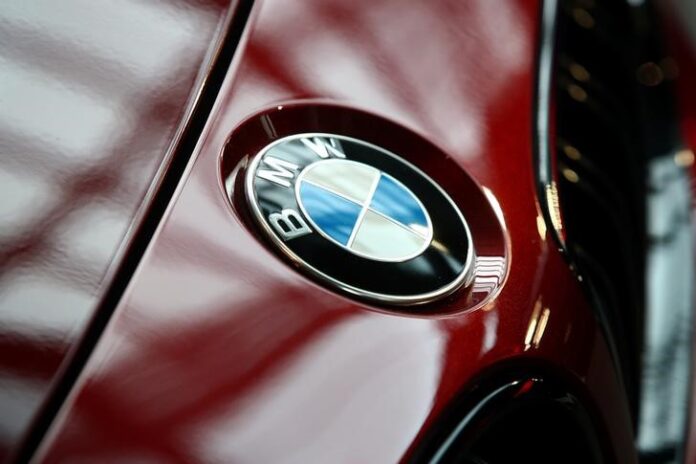BERLIN (Reuters) – BMW (ETR:) aims to bring its first hydrogen-powered vehicle onto the market in 2028, using fuel cell technology developed with Toyota Motor (NYSE:) Corp, the German carmaker said on Thursday.
The company said the vehicle would be an existing model with a hydrogen fuel cell drive option, without giving further details. It also did not give details on price or production volume.
BMW CEO Oliver Zipse said in a statement the vehicle would “highlight how technological progress is shaping the mobility of the future”.
Its partnership with Toyota will allow the groups to cut costs and to develop a passenger car drive unit whose technology will also have applications for commercial vehicles, they said.
BMW is by far the strongest proponent of hydrogen technology among German carmakers, and has been testing a hydrogen passenger vehicle, the iX5 Hydrogen, with a range of 500 km (310 miles) and an ability to refuel in three to four minutes.
The group is developing fuel cell vehicle prototypes alongside battery ones to hedge its bets depending on which “green” technology becomes dominant.
A fuel cell vehicle uses an electric motor like an EV, but draws power from a fuel stack where hydrogen is separated by a catalyst to produce electricity.

Hydrogen-powered vehicles can refuel quickly and have a long range, but few carmakers have invested in the technology because of high costs and a limited network of fuelling stations.
BMW said it assumed hydrogen charging infrastructure would have developed significantly by 2028 to accommodate its plans.






